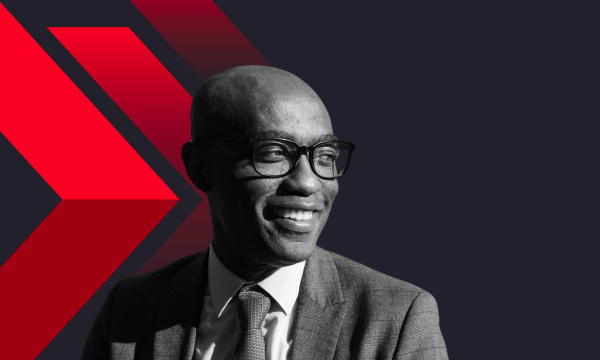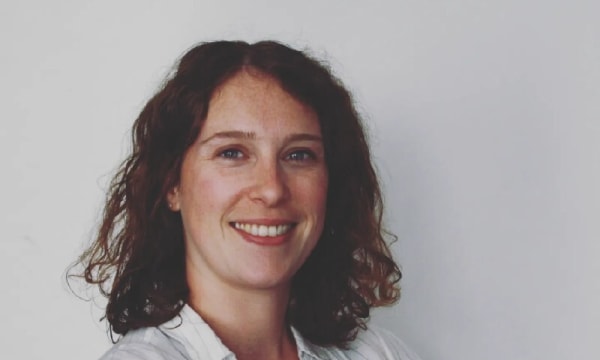Artificial intelligence no longer promises revolution: it's already orchestrating it. In the field of healthcare, it's not replacing professions - it's transforming them. Subtly. Profoundly. Lastingly.
Today, AI is a silent partner for caregivers, researchers and communicators. It sorts medical images in radiology, anticipates relapses in oncology, identifies weak signals in the fight against misinformation, optimizes care paths or proposes clinical summaries. It's a tool, but a tool that learns, that adapts to expertise and that must continue to evolve.
Faced with this acceleration, healthcare professions are redefining themselves on several levels:
- Skills are evolving: the researcher becomes the implementer; the clinician becomes the interpreter of algorithms; the health marketer becomes the data strategist; the communicator becomes the designer of augmented experiences - blending science, meaning and artificial intelligence.
- Roles are changing: the patient-caregiver relationship is enriched by a digital third party; health stories are informed by dynamic data; communication is innovating to optimize the care pathway.
- Organizations are adjusting: silos are breaking down, interdisciplinary cooperation is multiplying, and agility is becoming as much a reflex as a strategic necessity.
But this transformation is not (only) technical. It calls into question our relationship with decision-making, responsibility, ethics, scientific truth and pedagogy.
Far from fears or fantasies, the real challenge lies here: building augmented professions, useful narratives, fair systems, where the human remains at the heart of the system - even when AI becomes its invisible driving force.












